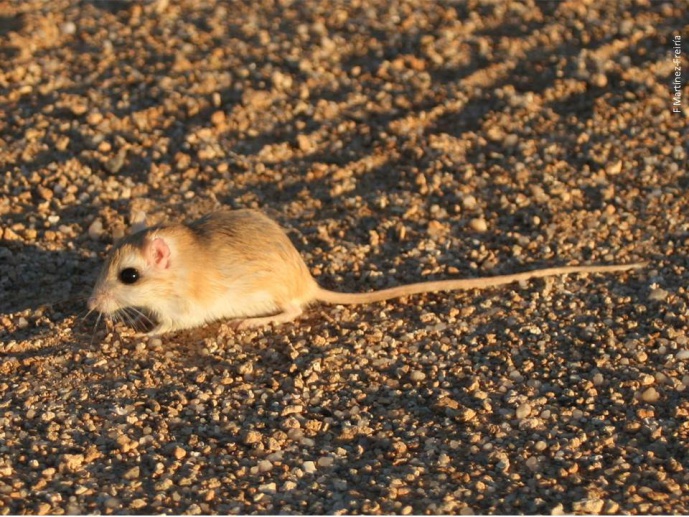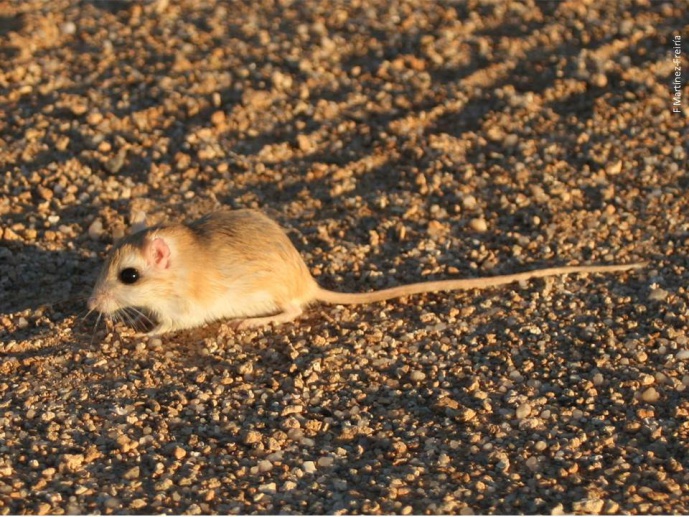Diversity patterns in West Africa - the case of specious Gerbillus rodents
Ongoing climate change raised concern for species survival throughout the world. As organisms have long coped with climate changes by adapting to new conditions and seeking refugia in suitable patchy areas, a promising approach to predict future of the species is to first reconstruct its evolutionary past.
The past events can be traced by reconstructing history with molecular data and by climate modelling, when extrapolating present niche characteristics to the past.
North Africa has been exposed to climatic oscillations influencing ranges of the arid habitats; therefore Sahara desert can serve as a laboratory to study if species evolutionary history and ecological parameters are related to climate shifts.
In this project the specious Gerbillus rodents, which are specialized to arid habitats, are investigated. The field work is conducted in remote Saharan areas in order to sample geographic locations expected to host endemic Gerbillus lineages and species. Collected data will be used to reconstruct species abilities to colonize of putative refugia during past harsh climatic periods and to predict its responses to future habitats shifts. Given the predicted climate changes for North Africa accurate species forecasts are imperative.


